Europe needs more energy and better grids to meet data center power demands in the age of AI
A report from McKinsey has called for hundreds of billions in funding to keep AI data centers powered in Europe
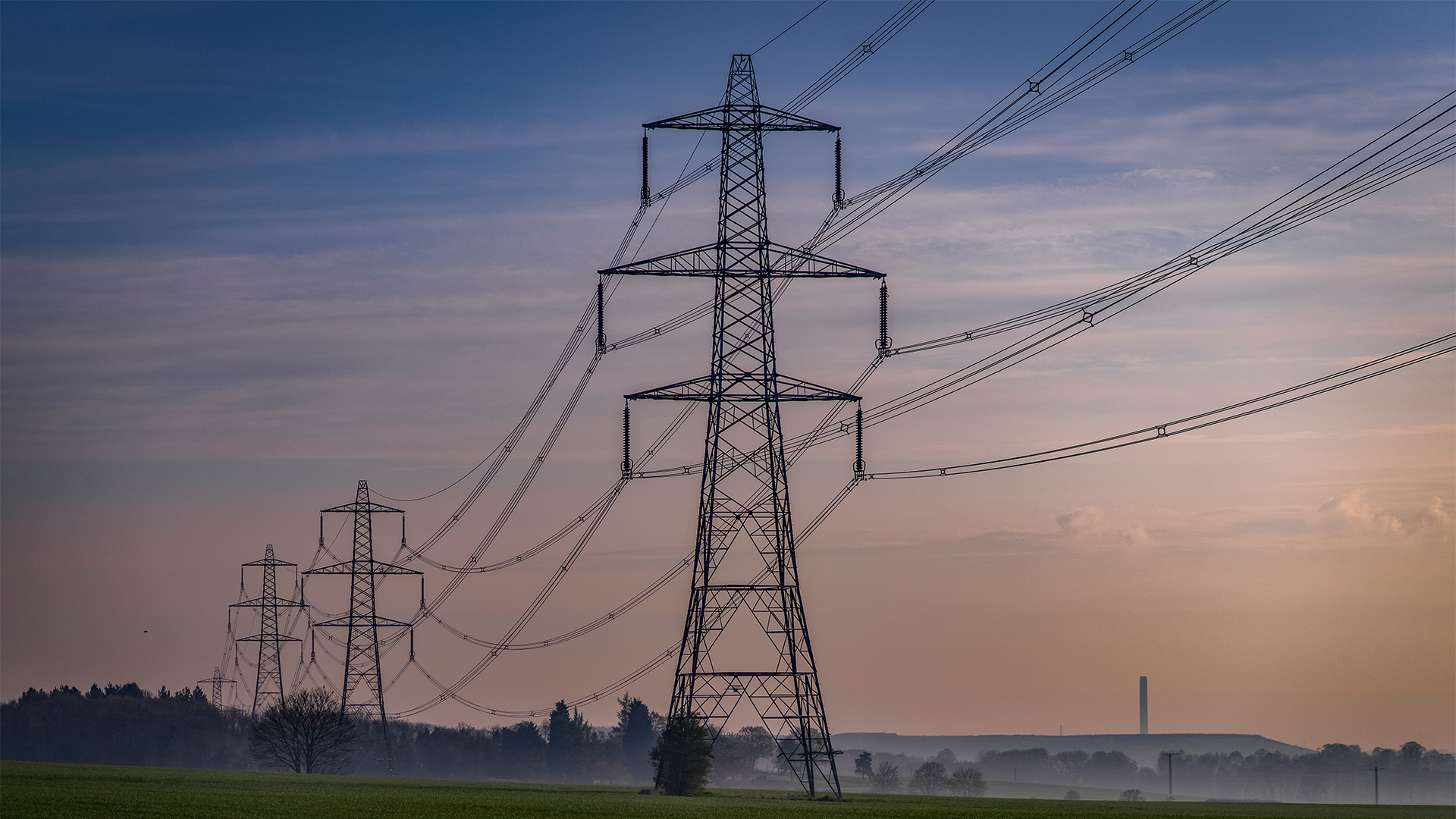

Data center energy demands in Europe are set to triple by the end of the decade, and that means countries will need to boost investment in sustainable power sources and upgrade grid infrastructure.
That's according to a report from consultancy McKinsey, which said the rise of AI is driving this demand, with the power needed to fuel European data centers set to grow from 62 terawatt-hours (TWh) today to more than 150 TWh by the end of the decade and from 10 gigawatts today to 35GW by 2030.
This pan-European surge is echoed by research suggesting US data center power consumption will double over the same timeframe.
The rise of AI has led to higher demands for data centers and energy to power them, with one report suggesting the spike in energy use from generative AI alone will produce 2.5 billion tons of carbon through 2030.
A host of major tech companies have also reported skyrocketing energy consumption this year, including Google, which recently admitted its emissions leapt by almost half over the last five years, led by booming demand for AI.
That AI-driven leap will see data center power consumption growing from two percent of Europe's total energy demand to 5% in the next six years, McKinsey reported. To meet that demand, as much as $300 billion will need to be invested into data center infrastructure — and that doesn't include power generation.
But developing sufficient power to meet that AI-fueled demand may not be simple, McKinsey noted. While data center providers are keen to use largely green energy, there are hurdles around reliability of power sources, land availability, insufficient infrastructure to access power, and a lack of equipment and skilled tradespeople.
Get the ITPro daily newsletter
Sign up today and you will receive a free copy of our Future Focus 2025 report - the leading guidance on AI, cybersecurity and other IT challenges as per 700+ senior executives
"In large, established markets such as Dublin and Frankfurt, the time required to supply power to new data centers can exceed three to five years, with lead times for electrical equipment alone often surpassing three years," McKinsey noted in a post.
No easy solution to meeting data center power demands
Cracking this problem could help Europe meet looming demand for AI, while also helping to meet demand for electricity amid the rise in electric vehicles, domestic heat pumps, and manufacturing shifts to more sustainable sources of energy.
That said, McKinsey predicts data centers alone will make up as much as a quarter of new energy demand by 2030.
A key factor in this surging demand is the hardware underpinning AI development globally, which requires top-end GPUs that are typically power hungry. That's led to calls for more data centers, in particular those designed with the right hardware optimized for AI training and workloads.
McKinsey predicts that hyperscalers will drive growth in data centers, making up 65% of data center demand by 2028, with much of the rest made up by enterprises.
Driving green energy — and new grid designs
Data center providers tend to require green energy sources, which in turn enables companies such as Meta and Google to attempt to meet net zero goals.
"In the last two decades, no technology has driven the need for accelerated power infrastructure development in Europe more than AI, and particularly generative AI," McKinsey said. "What’s more, this demand is mostly for clean energy."
But it's not as simple as building a data center in countries with a carbon-free electricity supply — such as the Nordics — as it depends on the stage of AI. During development, location matters less than when AI is being used and latency comes into play.
"Currently, many new data centers are designed for AI training, which has less stringent latency requirements than traditional data center activity," McKinsey said.
"Over time, some of these may shift to AI inferencing, which demands much higher speeds than AI training or traditional use; those in remote locations with poor latency may not be suitable for this."
On-site power is an appealing option
Another concern is grids, which in some regions are reaching capacity limits and have slow lead times for new connections, with equipment constraints delaying such work by up to two years.
Earlier this year, the CEO of the UK’s National Grid warned that rising power demands will continue placing significant pressure on grid capacity across the country.
Speaking at the Aurora Spring Forum in Oxford, John Pettigrew said the energy operator predicts a six-fold spike in demand from commercial data centers in the next decade alone.
Because of this, data centers may need to invest in their own energy sources on site beyond renewables like solar panels, including hydrogen fuel cells, natural gas and even small modular nuclear reactors.
RELATED WHITEPAPER
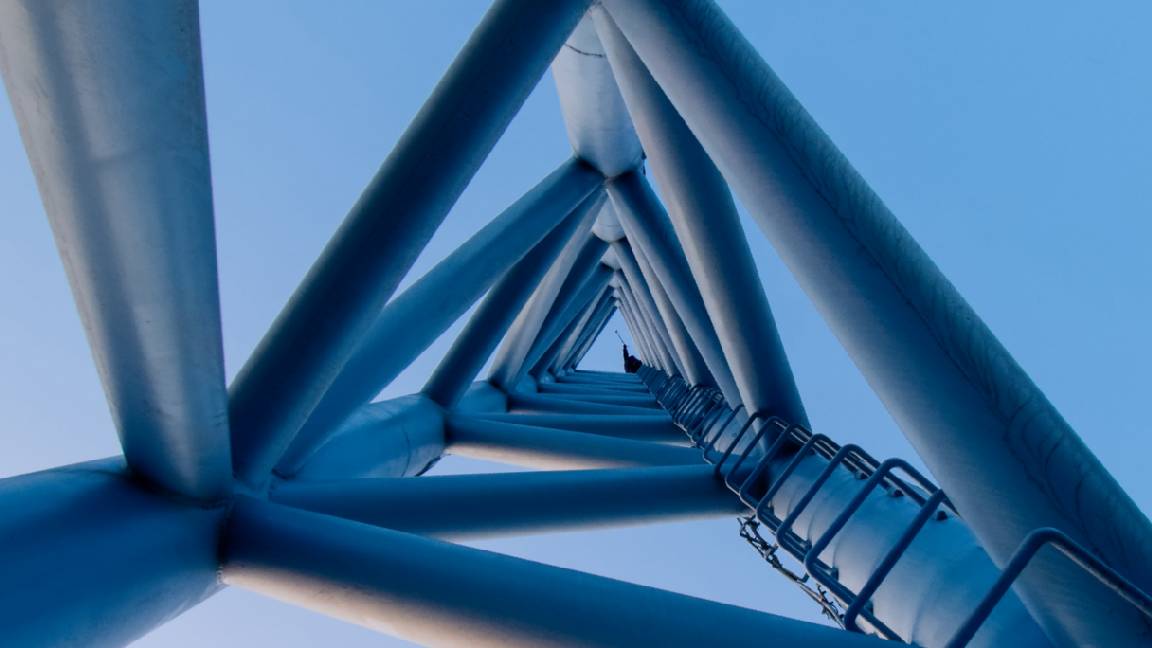
Google recently announced a partnership with Kairos Power for the latter while Oracle CTO Larry Ellison revealed the cloud computing giant is exploring the possibility of developing its own small modular reactors (SMRs) to power data centers directly.
While countries may balk at investing billions of euros into upgrading power systems just for generative AI, McKinsey noted that such efforts will help build a "more resilient and sustainable energy future" alongside letting Europe ride the wave of AI.
Freelance journalist Nicole Kobie first started writing for ITPro in 2007, with bylines in New Scientist, Wired, PC Pro and many more.
Nicole the author of a book about the history of technology, The Long History of the Future.
-
 Cleo attack victim list grows as Hertz confirms customer data stolen
Cleo attack victim list grows as Hertz confirms customer data stolenNews Hertz has confirmed it suffered a data breach as a result of the Cleo zero-day vulnerability in late 2024, with the car rental giant warning that customer data was stolen.
By Ross Kelly
-
 Lateral moves in tech: Why leaders should support employee mobility
Lateral moves in tech: Why leaders should support employee mobilityIn-depth Encouraging staff to switch roles can have long-term benefits for skills in the tech sector
By Keri Allan
-
 Google shakes off tariff concerns to push on with $75 billion AI spending plans – but analysts warn rising infrastructure costs will send cloud prices sky high
Google shakes off tariff concerns to push on with $75 billion AI spending plans – but analysts warn rising infrastructure costs will send cloud prices sky highNews Google CEO Sundar Pichai has confirmed the company will still spend $75 billion on building out data centers despite economic concerns in the wake of US tariffs.
By Nicole Kobie
-
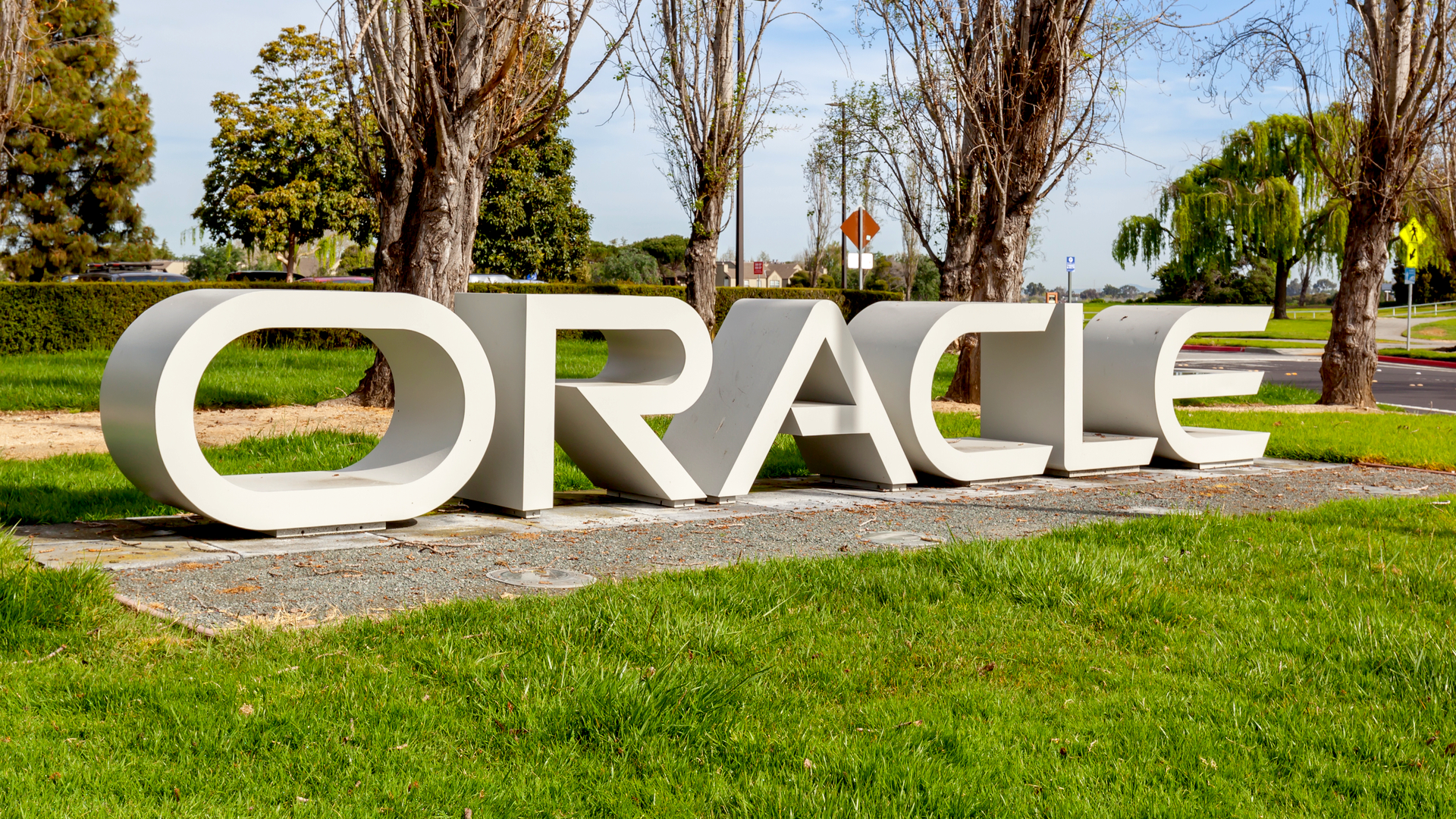 UK cloud infrastructure set for boost amid $5 billion Oracle investment
UK cloud infrastructure set for boost amid $5 billion Oracle investmentNews Oracle is set to invest $5 billion (£3.85 billion) to ramp up support for the UK’s cloud infrastructure capabilities.
By George Fitzmaurice
-
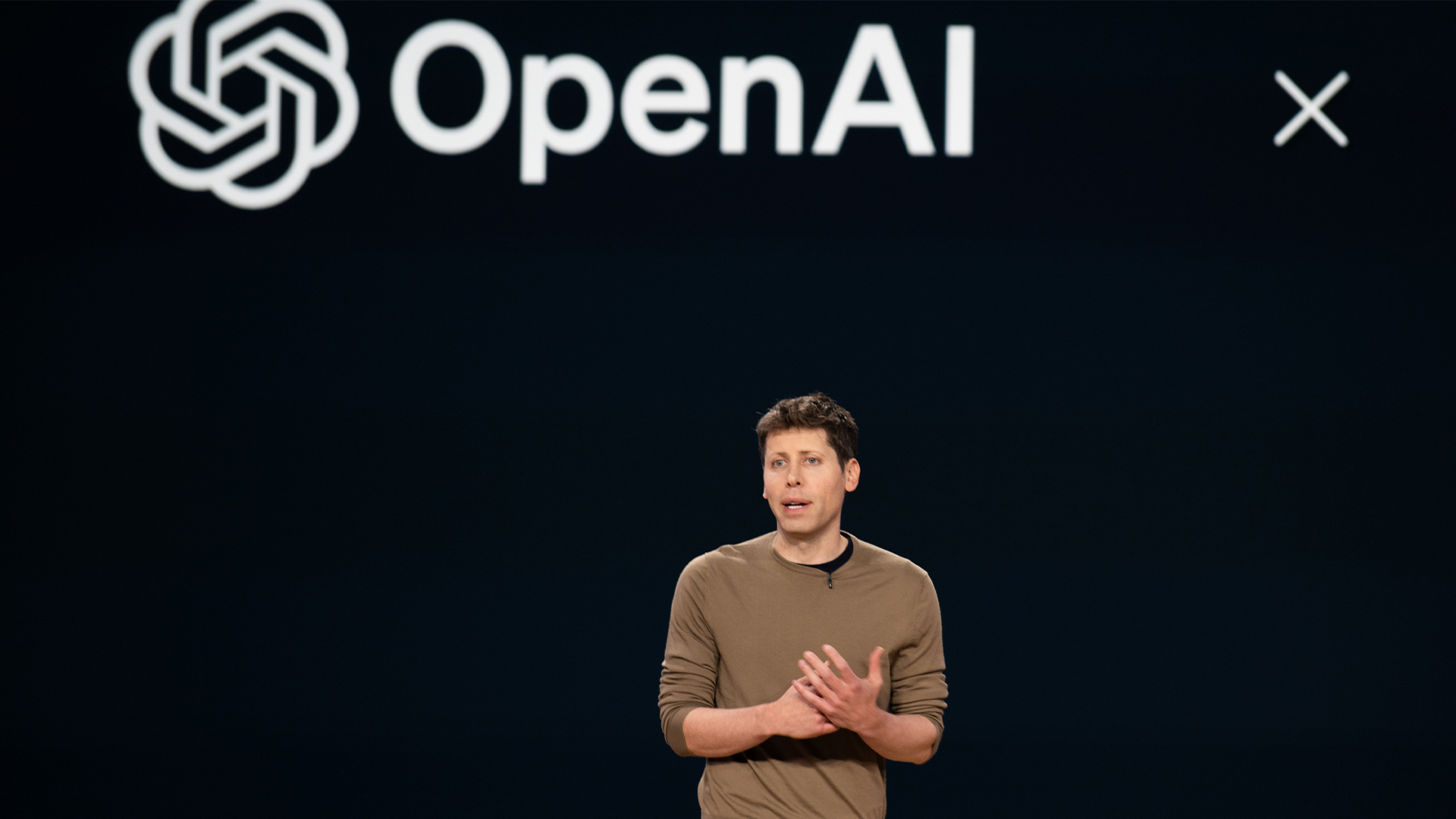 OpenAI inks $12bn CoreWeave deal in latest move away from Microsoft
OpenAI inks $12bn CoreWeave deal in latest move away from MicrosoftNews Cloud infrastructure company CoreWeave will supply OpenAI with infrastructure to run the firm's latest models in a deal worth nearly $12 billion.
By Nicole Kobie
-
 Analysts think Microsoft's data center rollback is bad news for the AI boom – but the company says not to worry
Analysts think Microsoft's data center rollback is bad news for the AI boom – but the company says not to worryNews Microsoft has reportedly ended leases for a significant amount of data center capacity, sparking debate over whether the AI boom is starting to falter.
By Nicole Kobie
-
 Microsoft invests $700 million to bolster cybersecurity and infrastructure in Poland
Microsoft invests $700 million to bolster cybersecurity and infrastructure in PolandNews Microsoft has announced plans to invest more than $700 million to support AI and cloud infrastructure expansion in Poland alongside cybersecurity support.
By Emma Woollacott
-
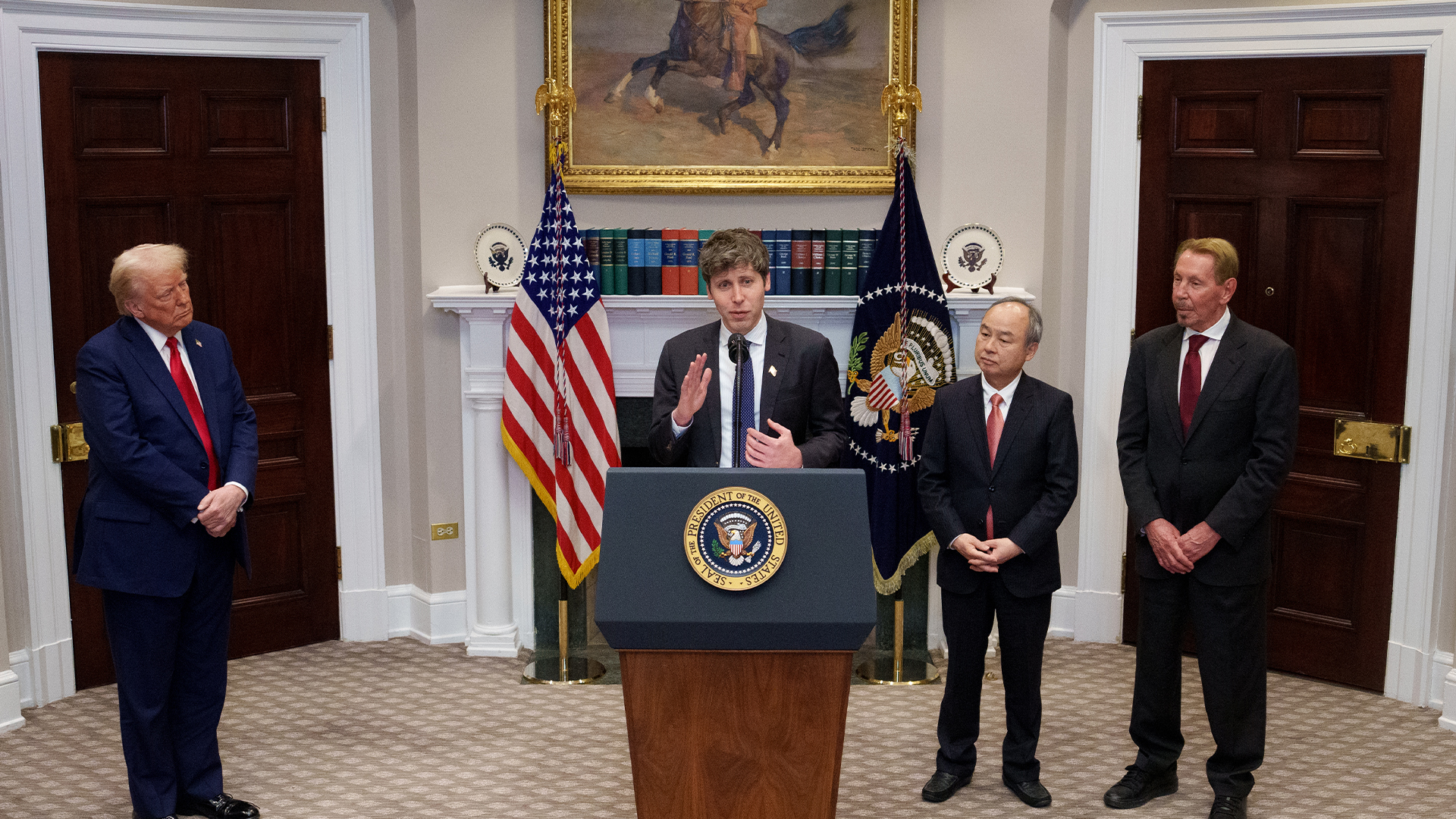 Stargate project: OpenAI, Oracle pledge support for $500 billion AI infrastructure drive
Stargate project: OpenAI, Oracle pledge support for $500 billion AI infrastructure driveNews US President Donald Trump has unveiled the launch of the $500 billion Stargate Project to expand US AI infrastructure in collaboration with OpenAI, Oracle, and SoftBank.
By Emma Woollacott
-
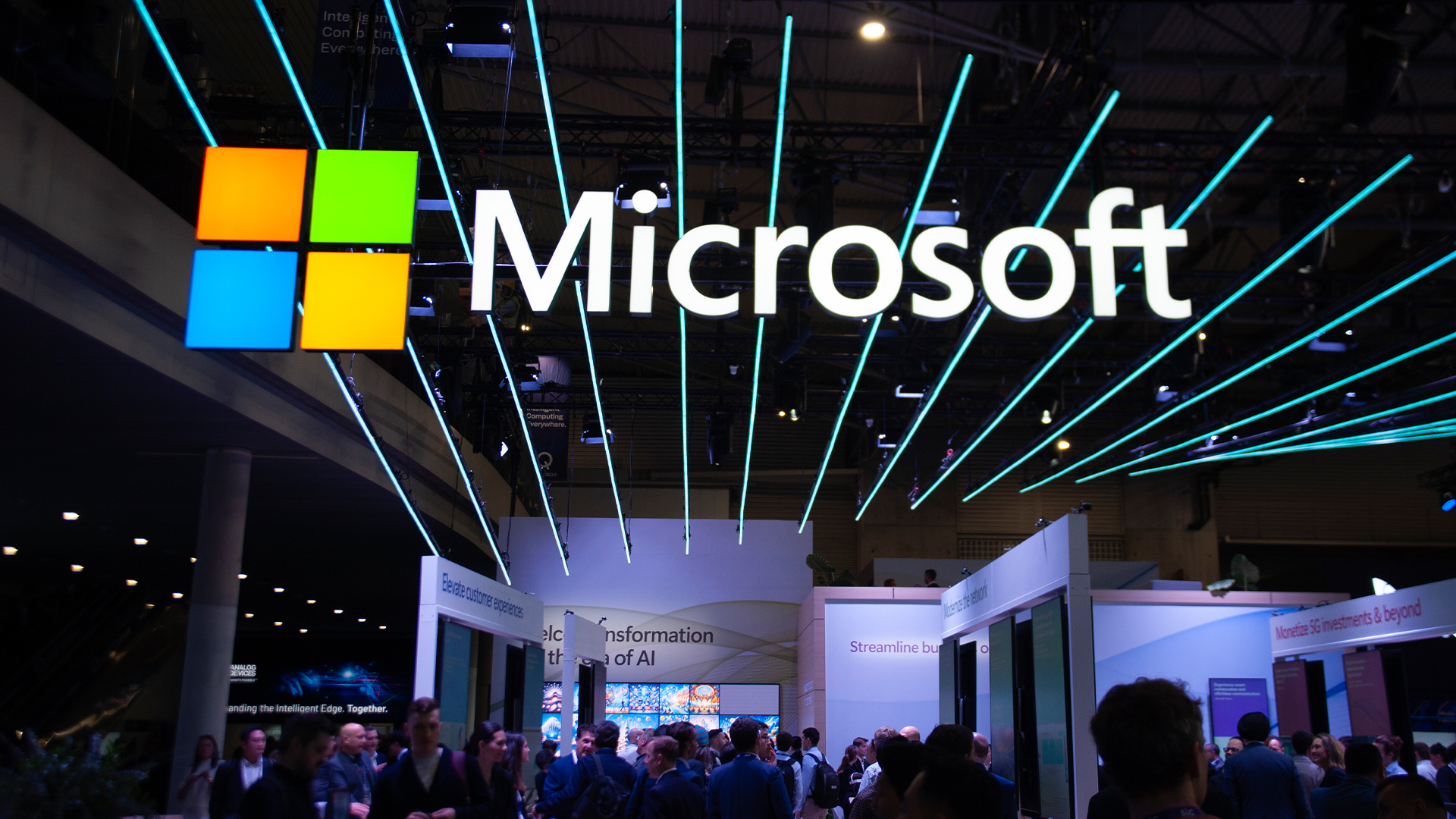 Data center water consumption is skyrocketing, but Microsoft thinks it has a solution – the company's new closed-loop cooling system consumes zero water and could save millions of liters per year
Data center water consumption is skyrocketing, but Microsoft thinks it has a solution – the company's new closed-loop cooling system consumes zero water and could save millions of liters per yearNews Microsoft has revealed fresh details on its 'closed-loop' data center cooling system, which it says uses zero water.
By Solomon Klappholz
-
 Meta wants to join the big tech nuclear club
Meta wants to join the big tech nuclear clubNews Meta has become the latest big tech company to explore the use of nuclear energy to power data centers.
By Nicole Kobie